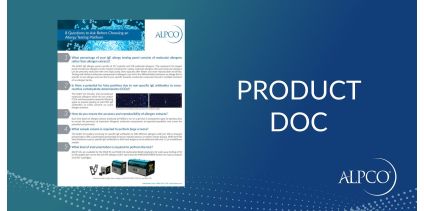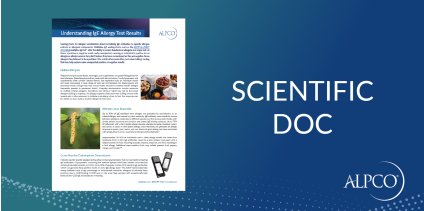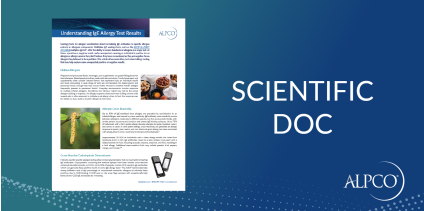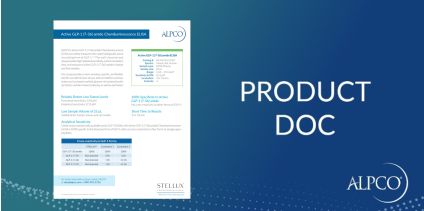The ALPCO Glucagon ELISA is for the quantitative determination of glucagon in human EDTA plasma. This assay was developed for ease-of-use and demonstrates superior sensitivity while eliminating cross-reactivity issues present in other commercially-available assays.
HMW & Total Adiponectin ELISA
The highly specific HMW & Total Adiponectin ELISA provides researchers a tool to confidently measure different forms of HMW and differentiate from total adiponectin in one assay to study the role of HMW/total ratios in Type 2 Diabetes (T2D), metabolic syndrome, obesity, coronary artery disease (CAD) and non-alcoholic fatty liver disease (NAFLD).
Other features include:
- High sensitivity of < 0.1 ng/mL
- Specificity of different adiponectin isoforms characterized using FPLC
- No cross reactivity to human leptin, resistin, IL-6 or TNF-α
Adiponectin (Acrpo30, AdipoQ, GP28) is a 244 amino acid secreted protein hormone which has been demonstrated to play a vital role in many biological functions, particularly glucose metabolism and insulin sensitivity. It is secreted from adipose tissue and is among the most abundant hormones in circulation (1.0-62 μg/mL). ADP circulates, predominately, in three isomeric forms, a homotrimer (~90 kDa) [low molecular weight (LMW)], a hexamer (~180 kDa) [medium molecular weight (MMW)], and as a dodecamer and above (>300 kDa) [high molecular weight (HMW)]. Each homotrimer is comprised of individual ADP monomers, which contain a globular head and a collagen tail. These homotrimers form disulfide bonds at CYS39 in order to generate the higher order isomers. Studies have shown the most biologically active ADP molecule is the HMW through AMP-activated protein kinase α (AMPK) activation.
Studies have demonstrated that HMW ADP is inversely correlated to body mass index and risk of diabetes in adults. This has led many researchers to believe HMW and/or the ratio of HMW to total ADP (HMWR), is important with regards to the study of insulin resistance. Accurately generating HMWR is a challenge, because it requires the ability to measure HMW ADP specifically in order to compare to the total amount of ADP present in the sample. Two common methods for determining this ratio are through a laborious gel filtration process, with subsequent qualitative western blot analysis, and quantitative sandwich ELISA assays.







